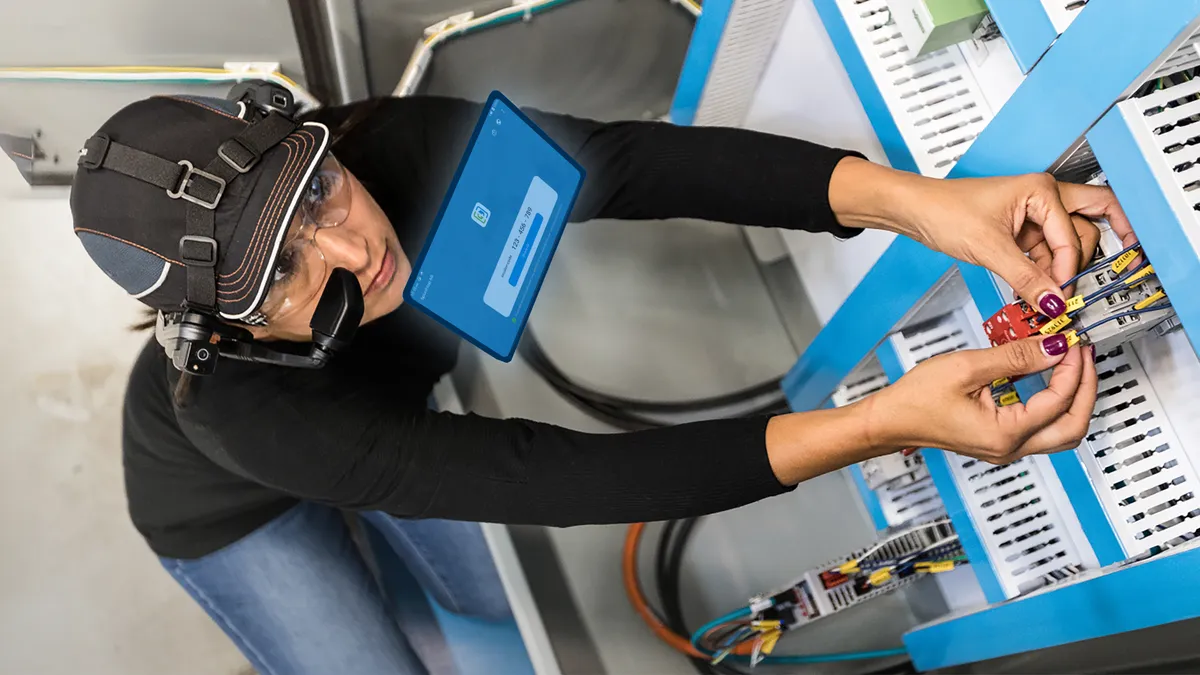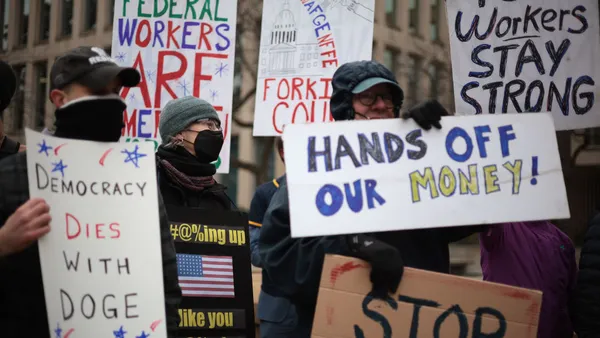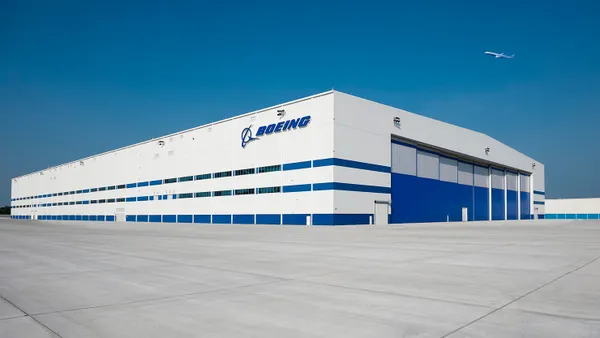Dive Brief:
- AmeriCann, a Denver-based medical marijuana operations developer, has selected a Boston-area contractor to build the largest cannabis facility of its kind in Freetown, MA, the Boston Business Journal reported.
- Campanelli Construction, based in Braintree, MA, will build the first phase of the 1-million-square-foot Massachusetts Medical Cannabis Center on a 53-acre parcel that was most recently owned by Boston Beer Co.
- As part of the initial phase, expected to cost up to $25 million, Campanelli will build a 130,000-square-foot grow and processing center — which tenant Coastal Compassion will occupy — and a 30,000-square-foot research and development facility. The contractor expects to break ground in March and complete construction by October 2017.
Dive Insight:
AmeriCann officials said the facility was in development before Massachusetts passed its recreational marijuana law this year but that the new regulation could help push development along. AmeriCann said it’s also pursuing development locations in California, Pennsylvania and Florida. Both Florida and Pennsylvania have medical marijuana laws on the books, while California voters recently passed a recreational pot measure.
The opportunities for the construction industry are obvious in states that permit pot growing for either medical or recreational use. Attorney Lance Boldrey of Dykema Gossett told Construction Dive in October that federal laws can work in favor of the construction industry.
Because the business of marijuana cannot be conducted over state lines without risk of a felony charge for trafficking, dispensaries and growing operations must be maintained within the state. In regions of the country that are limited to what they can grow outdoors because of the weather, this means an enormous increase in industrial construction.
No place has seen such a high-profile building boom — only partially fueled by cannabis, officials say — as Denver, where nearly $2.5 billion in new construction was underway in May. In 2015, an estimated 4 million acres of grow space helped generate at least $253 million in new state revenue. However, some point to a downside as the fact that grow operations have been pushing some small business out and lease rates up, in addition to driving housing prices higher in response to the influx of residents.
For construction industry workforce management, however, legalized marijuana used by employees has led to questions of job site safety and discussions around employees' rights. Legal experts agree that construction companies have the right to create zero-tolerance policies for their staffs.













